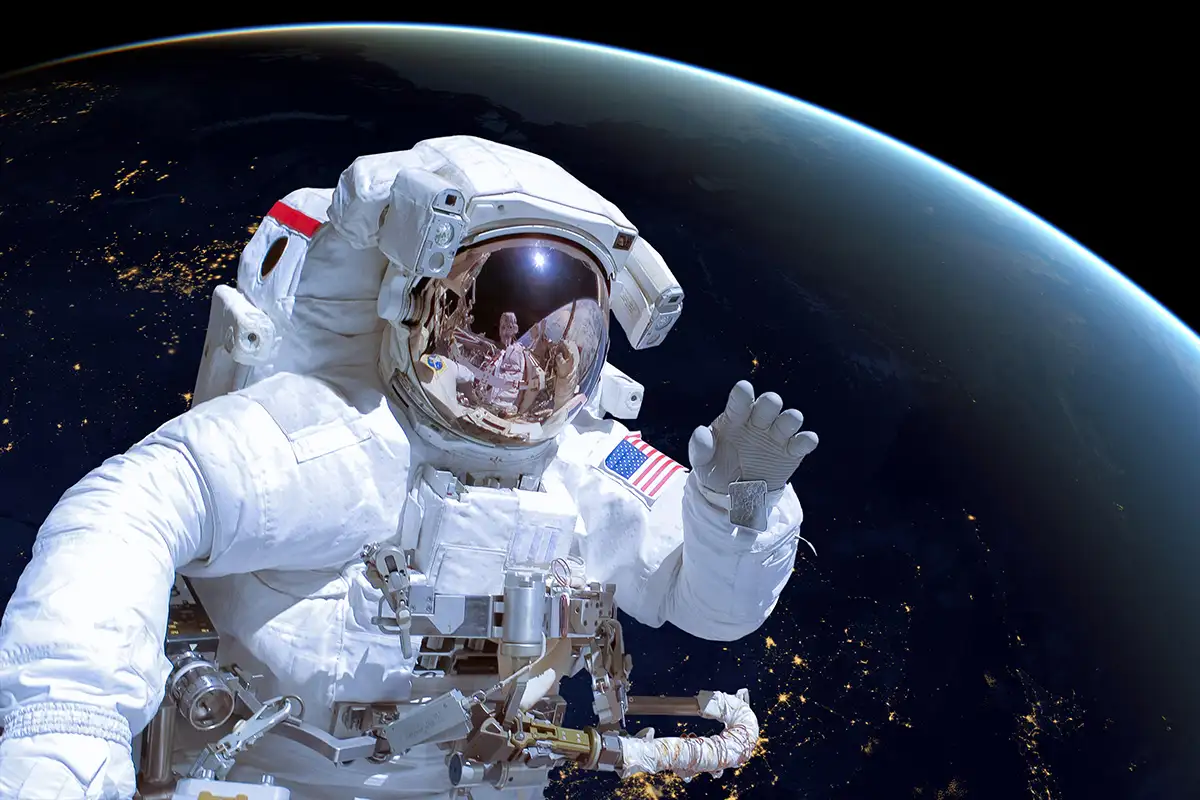By: Pei-Yu Tsai
Space travel and being an astronaut are dream experiences for many people. However, more and more research indicates that the weightless environment of space can lead to unfortunate side effects on the body. A recent study tracking the brains of astronauts found that long-term stays in outer space can affect the brain’s structure.
A human brain has many interconnected chambers called ventricles, which are filled with cerebrospinal fluid. These ventricles in the brain help facilitate a buffering effect and transport nutrients when also processing waste materials. According to a new paper published in Scientific Reports, too much time in space’s minimal gravity can cause the ventricles in human brains to swell significantly. But after coming back on Earth, these structures don’t contract back right away. The finding estimated that they may take three years to return to normal.
University of Florida professor Rachael Seidler and 10 co-authors examined MRI brain scans of 30 astronauts before and after their space missions. The research showed that longer missions are associated with bigger expansion of three of the four ventricles.
Although the astronauts that had short-term spaceflights did not seem to experience significant change to their ventricles, those who had missions exceeding six months and twelve months resulted in comparatively larger ventricles. The small difference in expansion between both durations isn’t significant, which may indicate that the enlargement becomes slower after a certain period of time in space.
Furthermore, research has found that recovery time also affect brain expansion in space. For astronauts who had three or more years of recovery time on earth, their ventricles expanded, on average, by roughly 10 to 25 percent. Others who returned to space less than three years after coming back from their last mission didn’t show much change in their brains. The scientists suggest these astronauts may not have enough time between missions to fully recover.
“We don’t yet know for sure what the long-term consequences of this is on the health and behavioral health of space travelers, so allowing the brain time to recover seems like a good idea,” said Seidler.
Source:
https://time.com/6285631/space-travel-brain-damage/ story/47efc57b88a084c717773736ce90e6ec
https://www.nature.com/articles/s41598-023-33331-8?utm_medium=affiliate&utm_source=commission_junction&utm_campaign=CONR_PF018_ECOM_GL_PHSS_ALWYS_DEEPLINK&utm_content=textlink&utm_term=PID100085446&CJEVENT=8236f8ad2add11ee8354c0140a18b8fb
https://www.snexplores.org/article/swollen-chambers-in-astronauts-brains-may-take-3-years-to-recover
https://edition.cnn.com/2023/06/08/world/astronaut-brain-ventricle-study-scn/index.html
https://www.sciencenews.org/article/astronaut-brain-swell-space-recove











